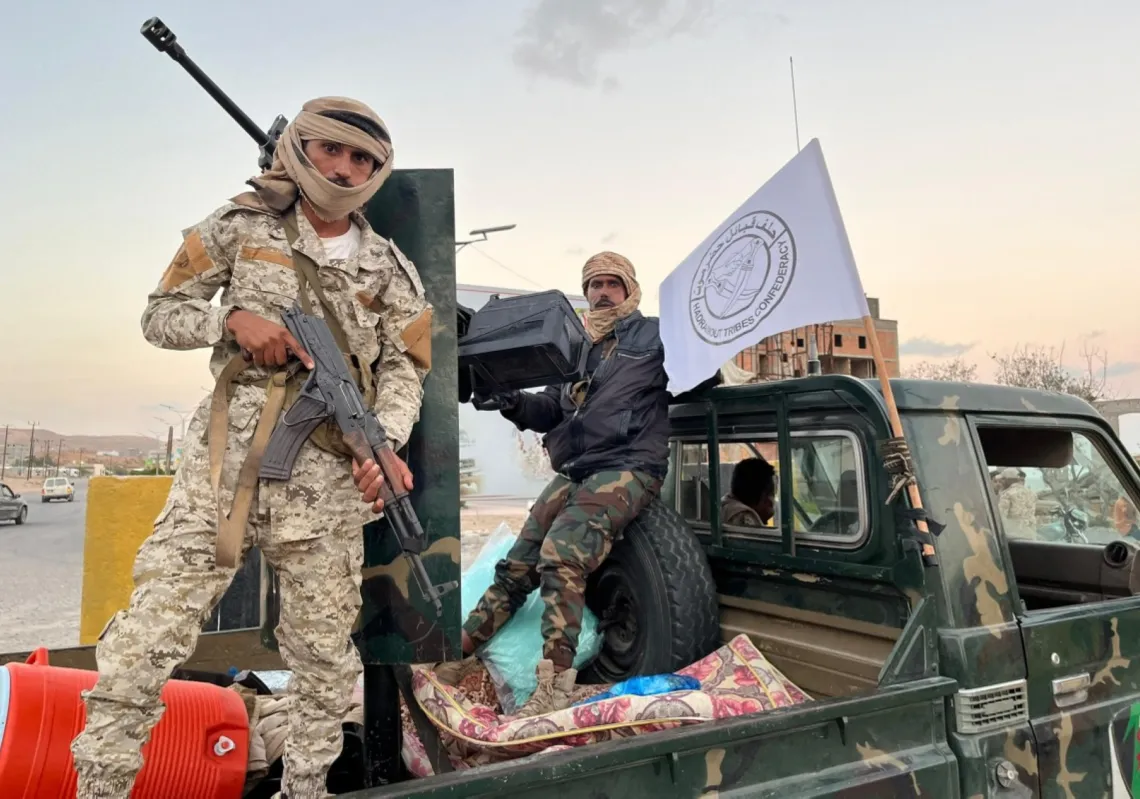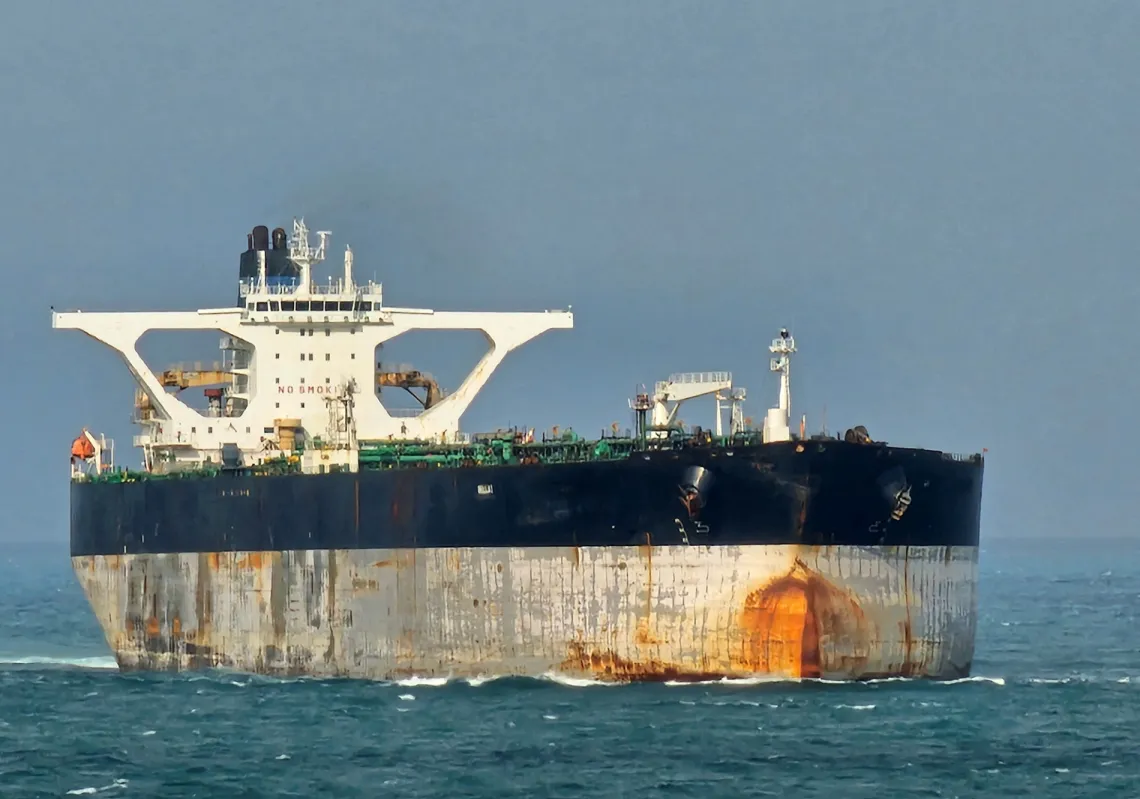Now that the global economy has apparently bottomed out, governments and private investors alike can shift away from emergency to forward-looking decisions that will better capture the profits of the world to be.
This is particularly true for oil producers in the Gulf Co-Operation Council. With prices ranging around $70 a barrel, every country in the region can conservatively start plotting a course to recovery. Even OPEC and the International Energy Agency agree that crude oil will remain around this level for months to come, with most analysts forecasting an upside risk.
But what to do with all that cash that will no doubt filter down to industries, banks and eventually consumers? GCC sovereign wealth funds alone still hold at least $1.5 trillion, according to the SWF Institute. Private equity funds domiciled in the GCC too have registered double digit gains this year.
Surely previous oil shocks taught the GCC the need to diversify their economies. Non-oil economies across the region grew around 7 percent in 2007 and 2008, while governments significantly reduced public debt. That and a series of sound policies explain why the region is faring a lot better than the rest of the world in this crisis.
But one valuable lesson that can also be extracted is that too much money went into Western economies, especially in sectors considered solid. That is, by trying to play it safe, many GCC investors and sovereign funds paid dearly and should be wary of doing so again, especially since recent data shows that GCC funds have undertaken a purchasing spree, as evidenced by recent big-ticket purchases in Western countries.
So while diversifying local economies and building much-needed infrastructure should remain the governments’ priorities, GCC investors should in tandem target new frontiers and renewable energy ventures.
African, Asian and emerging markets have been outperforming most Western, and certainly Gulf, markets. But within that, the GCC should not only look at profit, but geopolitical influence and long term goals as well. North Africa, eastern Africa, Central Asian and Arab countries make economic and political sense.
Business ties have a domino effect in terms of influence. Iran’s sway in the region has grown on the back of its willingness to expand business ties, as the Iraqi and Syrian experience shows. Another example is Lebanon, where more than 60 percent of foreign direct investment in the last five years has originated in the GCC, especially in the real-estate market.
While surging in recent years though, investment is still discreet. A recent report of the Kuwait-based Inter-Arab Investment Guarantee Corporation concluded that less than 5 percent of all Arab investment abroad between 1995 and 2007 went to other Arab countries.
North African economies are also more exposed to Europe, so GCC money will help stabilize their economies. With profit in mind though, the returns are also attractive. The Egyptian economy is faring better than its own government’s expectations and will grow more than 5 percent in the 2009-2010 fiscal year, after a 4.7 percent growth in the cycle ending July 31.
Several Central Asian and North African economies are expected to recover faster than those in Western and GCC countries, especially in their infrastructure, agrifood, healthcare and commodities sectors. For some industries, like construction, it is also a good way to hedge the downturn at home.
The same applies for other non-Arab African countries, like Senegal, Botswana and Burkina Faso, all of which improved their business practices, according to a World Bank report. Geographic proximity, huge population, and abundance of natural resources and arable land makes some African countries ideal targets for GCC foreign expansions, whether its Mozambique, Tanzania, South Africa, and eventually the Horn of Africa.
Naturally it is riskier, but some African nations are also rapidly moving into emerging economy status. There’s a reason why Chinese investment has been pouring there in the past few years and the GCC should not fall behind.
Investors should also target the local market to have a multiplier job creation effect. The future energy revolution is a shoe-in venue for that. Regardless of the ability of the world to agree on specific climate-change measures in Copenhagen, it is clear that every industrialized nation as well as leading nations amongst the emerging economies will usher a cleaner world. That means renewable sources, but also technologies that can burn fossil fuels in a “cleaner” way. In either case, it makes perfect sense for GCC countries to take the lead in researching this future goldmine.
The energy revolution will require hundreds of billions of dollars in the next decades. Creating companies or financing research in this field is a perfect way to hedge stalling oil output. If the world is trying to decrease fossil fuels, why not become a world leader in the alternatives?
A clear example is carbon capture and storage technology. Western nations are struggling to find money to test promising processes that will allow carbon dioxide to be pumped underground for safe storage. Some $50 billion will de required worldwide ahead of the 2020 target to start deploying CCS globally.
Why, I wonder, is the GCC not focusing on this technology? It has abundant underground storage sites in the form of depleted oil deposits and pumping CO2 can even replace the natural gas that is used to increase oil recovery rates. And why, with all the power shortages expected, would GCC countries not employ solar energy massively or invest in new technologies to make it more efficient?
Algae-sourced biofuel, clean coal, and hydrogen fuel all offer similar benefits, as do many other experimental sources that require capital. Indeed, a recent European report says almost 2.7 million more jobs will be created in renewable energy sector than in fossil fuels. It is in this sector where future investments should be directed.
Andres Cala - Madrid-based freelance journalist and political scientist specialising in Middle Eastern and European policy, as well as global energy issues.








